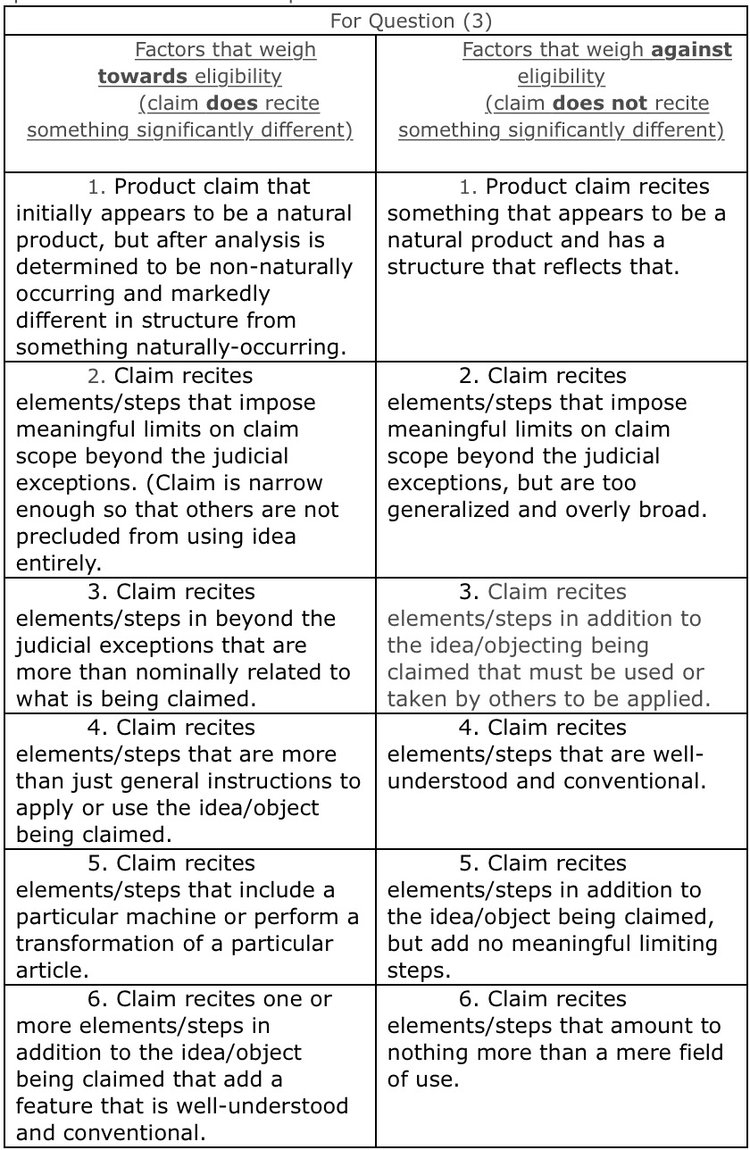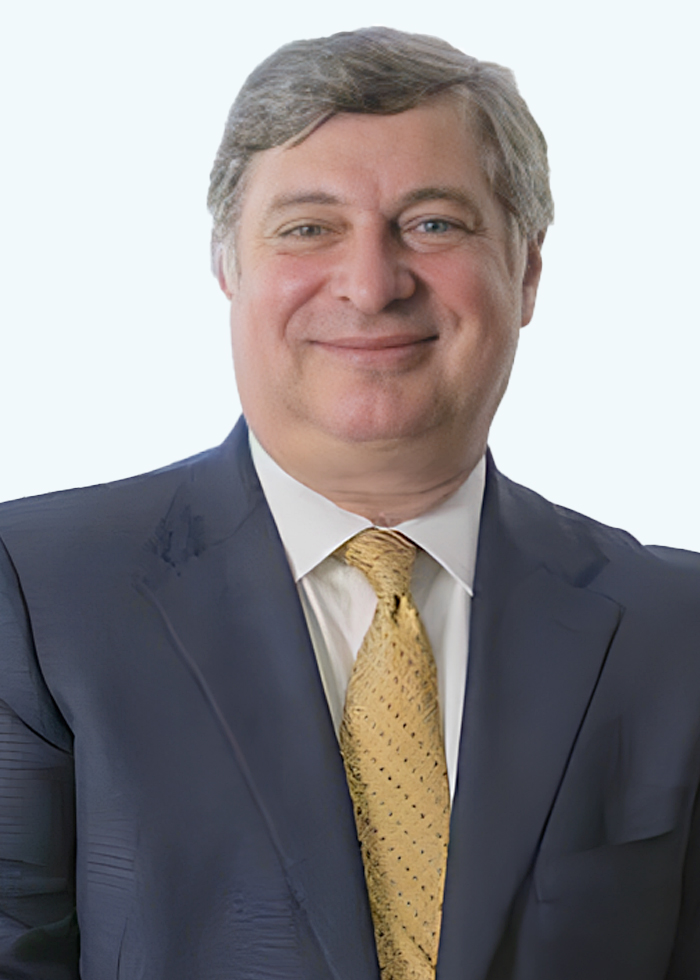Written by Matthew G. Miller, Gearhart Law
Over the past few years, the Supreme Court of the United States issued two seminal opinions on patent law: Association for Molecular Pathology v. Myriad Genetics (“Myriad”) and Mayo Collaborative Services v. Prometheus Laboratories (“Mayo”). Each of these cases grappled with what constitutes patent-eligible subject matter. Generally, Myriad discussed whether gene patents are allowed and Mayo discussed whether a patent on a treatment regiment is allowable. In Myriad, that court held that gene patents are allowable only if the gene does not naturally occur in nature. In Mayo, because the patent merely directed a practitioner to measure the levels of a particular metabolite and adjust the treatment dosage accordingly, the Supreme Court held that the patent-in-suit was invalid. That said, these summaries are a gross oversimplification of both Myriad and Mayo (which are long, and can be difficult to wrap one’s head around) and the cases themselves give little guidance on their practical implications.
Due to the lack of guidance from the Supreme Court, the United States Patent and Trademark Office (“USPTO”) issued new guidelines on what is patent-eligible subject matter for patent agents and attorneys. These guidelines are also long and can be difficult to wrap one’s head around, however the USPTO has offered a quick reference guide to distill some of the main points of the unabridged guidelines.
In short, the guidelines directs an Applicant/Examiner to walk through the flow chart below. Regarding the third question, the USPTO gives a list of factors that must be considered, in their totality, to arrive at the appropriate answer for the third question. These factors are summarized in the chart below.

As you can see, for many inventions determining whether it discloses patent-eligible subject matter can be challenging! In light of these rulings and their interpretation by the USPTO, it is advisable to consult with your patent professional about your patent strategy and available options.

